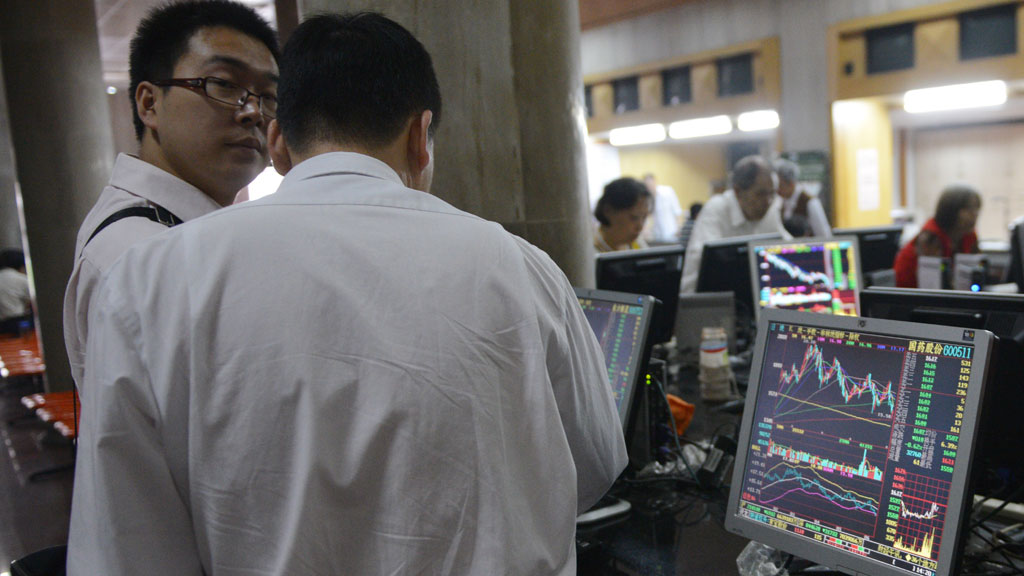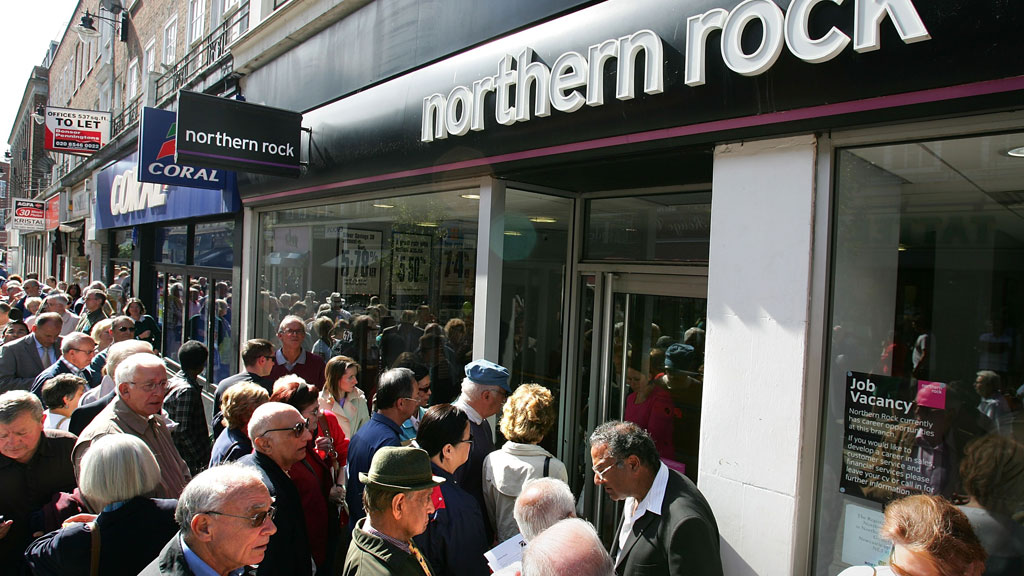Chinese media told: don’t mention the ‘cash crunch’
The Chinese government has a novel approach to financial problems: tell the media to downplay them so the markets are not spooked.

The Financial Times (FT) has obtained a directive sent to Chinese media by the Communist party which says the country’s so-called “cash crunch” should not be over-hyped.
Having seen how markets in the west can react to potential crises, the regime wants them to be given reassuring news.
The directive says: “First, we must avoid malicious hype. Media should report and explain that our markets are guaranteed to have sufficient liquidity, and that our monetary policy is steady, not tight.
“Second, media must strengthen their positive reporting. They should fully report the positive aspect of our current economic situation, bolstering the market’s confidence.
Guiding public opinion
“Third, media must positively guide public opinion. They should promptly and accurately explain in a positive manner the measures taken by and information from the central bank.”
The FT says the directive was written last week after the Chinese stock market had lost 10 per cent of its value in 36 hours of frantic trading.
Since then, China’s central bank has said it will support commercial banks that are finding it difficult to finance themselves.
In June, customers of some of China’s banks were unable to withdraw money from cash machines for a short time while work was carried out on the ATMs.
There was speculation in the Chinese media that the banks could be running short of cash.
Issuing a strongly-worded directive to the media may produce results in a one-party state; in democracies like Britain, it would blow up in the government’s face and cause chaos.

In China, they are calling it the “cash crunch”. Here, in 2007-08, we had the “credit crunch” and just the kind of scenes the Chinese want to avoid – a bank run at Northern Rock, with long queues forming outside branches of Britain’s fifth biggest lender.
The vision of savers withdrawing their money was unprecedented and the beginning of the financial crisis, the effects of which are still being felt today.
The run occurred despite a guarantee from the Bank of England and Gordon Brown’s Labour government that people’s savings were fully protected by the taxpayer.
What happened at Northern Rock was a reaction to problems in the US mortgage market which resulted in banks adopting an unusually cautious approach to lending to one another – the “credit crunch”.
Northern Rock, which was nationalised in 2008 before being sold to Sir Richard Branson’s Virgin Money in 2011, was the first British bank to be hit.
-
Latest news
-
Year of civil war in Sudan ‘a nightmare of hunger and displacement’4m

-
Israel fears repeat Iran attack, says former editor of Jerusalem Post4m

-
How long could it take to clear the Rwanda asylum seeker backlog?3m

-
Rwanda asylum boost for Sunak as bill expected to become law2m

-
Donald Trump trial: day one of historic Stormy Daniels court case4m

-




